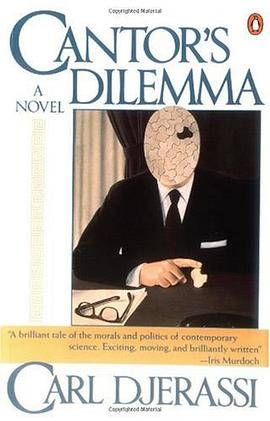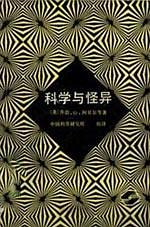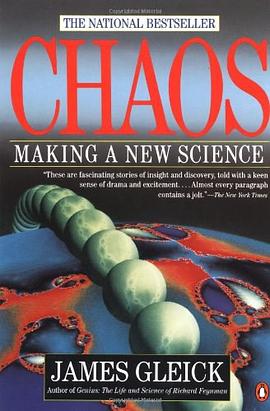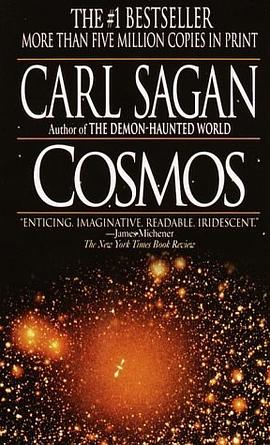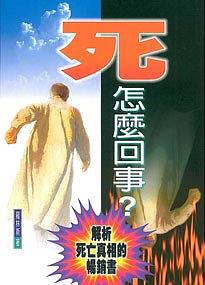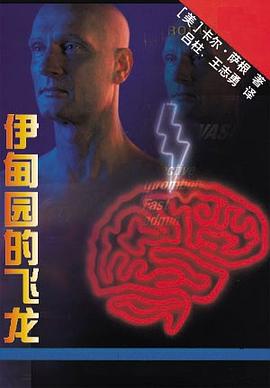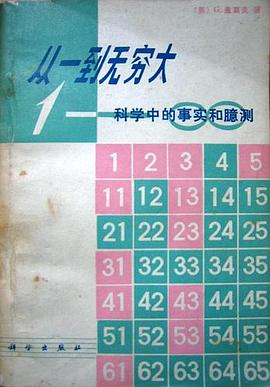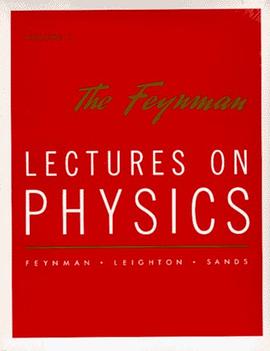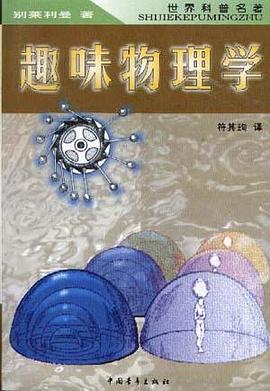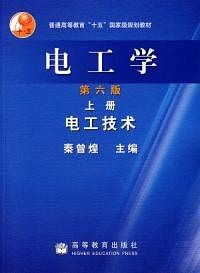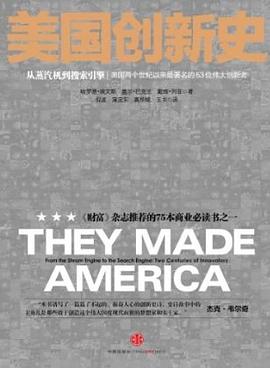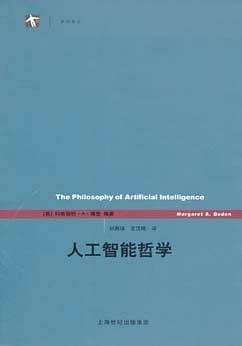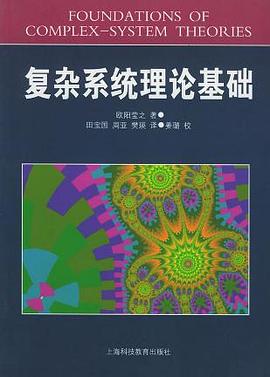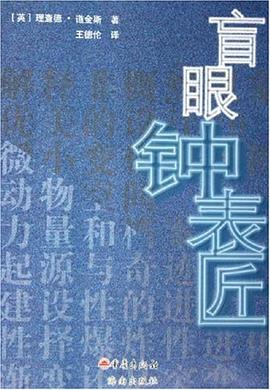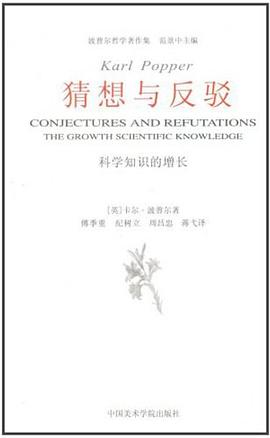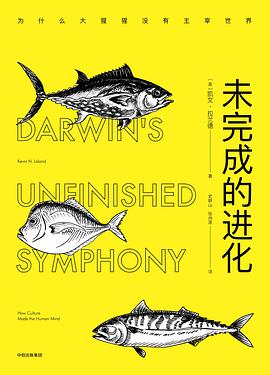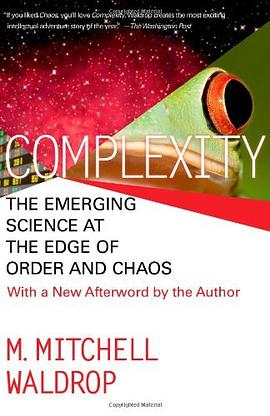
具体描述
In a rented convent in Santa Fe, a revolution has been brewing. The activists are not anarchists, but rather Nobel Laureates in physics and economics such as Murray Gell-Mann and Kenneth Arrow, and pony-tailed graduate students, mathematicians, and computer scientists down from Los Alamos. They've formed an iconoclastic think tank called the Santa Fe Institute, and their radical idea is to create a new science called complexity. These mavericks from academe share a deep impatience with the kind of linear, reductionist thinking that has dominated science since the time of Newton. Instead, they are gathering novel ideas about interconnectedness, coevolution, chaos, structure, and order - and they're forging them into an entirely new, unified way of thinking about nature, human social behavior, life, and the universe itself. They want to know how a primordial soup of simple molecules managed to turn itself into the first living cell - and what the origin of life some four billion years ago can tell us about the process of technological innovation today. They want to know why ancient ecosystems often remained stable for millions of years, only to vanish in a geological instant - and what such events have to do with the sudden collapse of Soviet communism in the late 1980s. They want to know why the economy can behave in unpredictable ways that economists can't explain - and how the random process of Darwinian natural selection managed to produce such wonderfully intricate structures as the eye and the kidney. Above all, they want to know how the universe manages to bring forth complex structures such as galaxies, stars, planets, bacteria, plants, animals, and brains. There are commonthreads in all of these queries, and these Santa Fe scientists seek to understand them. Complexity is their story: the messy, funny, human story of how science really happens. Here is the tale of Brian Arthur, the Belfast-born economist who stubbornly pushed his theories of economic ch
作者简介
目录信息
读后感
一种情况下,他者创设学习环境,如论坛,学习者进入论坛,自组织形成结构,产生学习领袖。 一种情况下,他者创设学习环境,并参与其中,担任服务者。 一种情况下,他者创设学习环境,并参与其中,担任监控者和仲裁者。 一种情况下,他者创设学习环境,并参与其中,担任服务者、...
评分第一次看这本书是在大学图书馆阅览室,当时偶然看到这本书便撒不了手,差点让我挂了一门专业课. 这本书不是讲具体的哪门科学或者技术,而是讲的一种考虑问题的方式,也就是马哲里边说的方法论吧. 全书以小说的形式展开去,将要阐述的观点散布在故事情节中,避免了令人望而却步的生硬...
评分概述 这是一本关于复杂性科学的书——这门学科还如此之新,其范围又如此之广,以至于还无人完全知晓如何确切地定义它,甚至还不知道它的边界何在。然而,这正是它的全部意义之所在。如果说,复杂性科学的研究领域目前尚显得模糊不清,那便是因为这项研究正在试图解答的是...
评分 评分美中不足的是,译者似乎对自然科学不太熟悉,竟然把薛定谔翻译成“斯科若丁戈”。 但是网上有个电子版的,里面的人名却是很规范,译成薛定谔,不知道是不是修订后的版本 买不到书的,到这里去下电子版的吧 http://www.bookhome.net/baike/other/fuza/index.html
用户评价
这本书的书名《Complexity》真的非常吸引人,让人忍不住好奇它究竟会探讨哪些复杂的事物。我一直对事物是如何形成的、又是如何演变的,特别是当这些事物涉及众多相互关联的因素时,总是充满了浓厚的兴趣。这种兴趣并非源于对“复杂”本身的迷恋,而是源于对其中蕴含的规律和模式的探索。我想象着这本书可能会像一张巨大的、多维度的地图,带领读者穿越错综复杂的系统,从微观的粒子互动到宏观的社会结构,揭示那些隐藏在表象之下的联系。我期待着作者能够用清晰而富有洞察力的语言,解释那些看似混乱的现象背后可能存在的简单原理。这本书是否会触及那些关于涌现(emergence)的讨论?例如,个体行为如何聚合形成集体智慧?或者,简单的规则如何催生出高度有序的系统?我希望它不仅仅是罗列一些复杂的例子,更能提供一套分析和理解复杂性的工具或框架。想到这里,我已经迫不及待地想翻开它,看看它是否能满足我对理解这个世界的深层好奇心。
评分《Complexity》这个名字,让我联想到了宇宙本身的神秘与浩瀚。我设想这本书或许会涉及一些宇宙学或者物理学的概念,例如多重宇宙的可能性,或者量子力学中那些令人匪夷所思的现象。当然,它也可能是一种隐喻,用来描述我们所生存的这个世界,它所包含的无数生命形式、生态系统,以及它们之间微妙而又至关重要的相互作用。我期待着作者能够用一种引人入胜的方式,将那些抽象的科学概念转化为生动的叙述,让我们能够感受到科学的魅力,即使我们并非专业人士。这本书有没有可能探讨“生命”这个概念的复杂性?从最简单的细胞到最复杂的生物体,它们是如何在进化过程中不断演变,并适应环境的?我希望它能够激发我对科学的好奇心,让我更愿意去了解这个世界是如何运作的,以及我们在其中扮演的角色。
评分从书名《Complexity》本身,我感受到了它潜在的深刻哲学意味。我猜想,这本书可能不会止步于对科学或技术领域复杂性的描述,而是会触及人类思维、社会关系乃至意识本身的复杂性。或许,它会探讨我们如何在一个信息爆炸、变化迅速的时代,去构建意义,去做出决策,去理解他人。这是一种内在的复杂性,与外部世界的系统性复杂性相互映照。我希望这本书能够提供一些反思,让我们审视自己看待和处理问题的方式。它会不会挑战我们习以为常的线性思维模式,引导我们拥抱非线性、多因果的视角?比如,在人际交往中,一个简单的误会是如何演变成一场冲突的?在一个组织中,一个微小的变动如何可能引发连锁反应?我特别好奇,这本书是否会提供一些关于“混沌理论”或者“系统动力学”的通俗易懂的解释,并将其应用到我们日常生活的各个方面。如果它能帮助我更好地理解自己和他人的行为模式,并提供一些应对复杂情况的策略,那将是极大的收获。
评分当我看到《Complexity》这个书名时,我的脑海中立刻浮现出一些关于“算法”和“人工智能”的画面。我推测这本书很可能是在探讨,如何设计和理解那些能够处理海量数据、解决复杂问题的智能系统。它是否会深入讲解机器学习的原理,或者深度学习网络的构建?我好奇这本书是否会触及到“可计算性”的边界,以及那些人类尚无法完全解决的计算难题。更进一步,我希望它能探讨人工智能的伦理问题,例如在自动化、决策制定等方面,我们应该如何去规范和引导它们的发展。这本书有没有可能提供一些关于“图灵测试”或者“强人工智能”的深入讨论?它是否能够帮助我理解,我们正在走向一个怎样的未来,以及我们应该如何为这个未来做好准备?我期待它能提供一些关于科技发展趋势的前瞻性洞察。
评分《Complexity》这个书名,让我想到了人类文明本身的历史进程。我设想这本书或许会从人类社会的角度出发,探讨文明是如何在漫长的历史中,通过无数次的互动、冲突、融合与创新,逐渐发展出我们今天所见的复杂性。它是否会涉及历史学、社会学、经济学等多个学科的知识,来解释社会结构的演变,经济模式的更迭,以及文化传播的规律?我希望它能够以一种宏大的视角,展现人类文明发展的宏伟画卷,并让我们思考,是什么力量驱动着我们不断向前,又是什么因素导致了社会的变迁。这本书有没有可能讨论“路径依赖”的效应,即过去的决策如何深刻地影响了今天的社会格局?它是否会分析不同文明之间的互动,以及这些互动如何催生出新的复杂性和多样性?我期待它能为我提供一种理解人类社会发展的独特视角,并引发我对人类命运的思考。
评分1997年,国内继中译本《混沌学传奇》(“Chaos”)之后,又一本优秀的复杂性科学的翻译著作。该本书详细描述了美国 1980 前后,一批跨学科的科学家们对复杂、混沌的边缘、正反馈、人工生命等领域的探索,并以圣塔菲研究院的发起、成立及早期的研究活动为背景,展示了一幅波澜起伏的科学思潮的兴起!是国内大学本科、研究生获得科学兴趣,提高科学素养的优秀著作。
评分是一本叙述性的书,不过这种题材不是我的胃口。我喜欢直接去讲宇宙的道理。不过,这本书的有些内容,确实有enlight的作用,比如increaing return, network等。我非常建议,看看。
评分很久以前就读过。中文版本已经成为国内复杂性研究领域的启蒙书。
评分不如Nexus好玩,但五星妥妥地。“看来生而为人还是有好处的”系列=w=
评分: N02/W167
相关图书
本站所有内容均为互联网搜索引擎提供的公开搜索信息,本站不存储任何数据与内容,任何内容与数据均与本站无关,如有需要请联系相关搜索引擎包括但不限于百度,google,bing,sogou 等
© 2026 qciss.net All Rights Reserved. 小哈图书下载中心 版权所有



